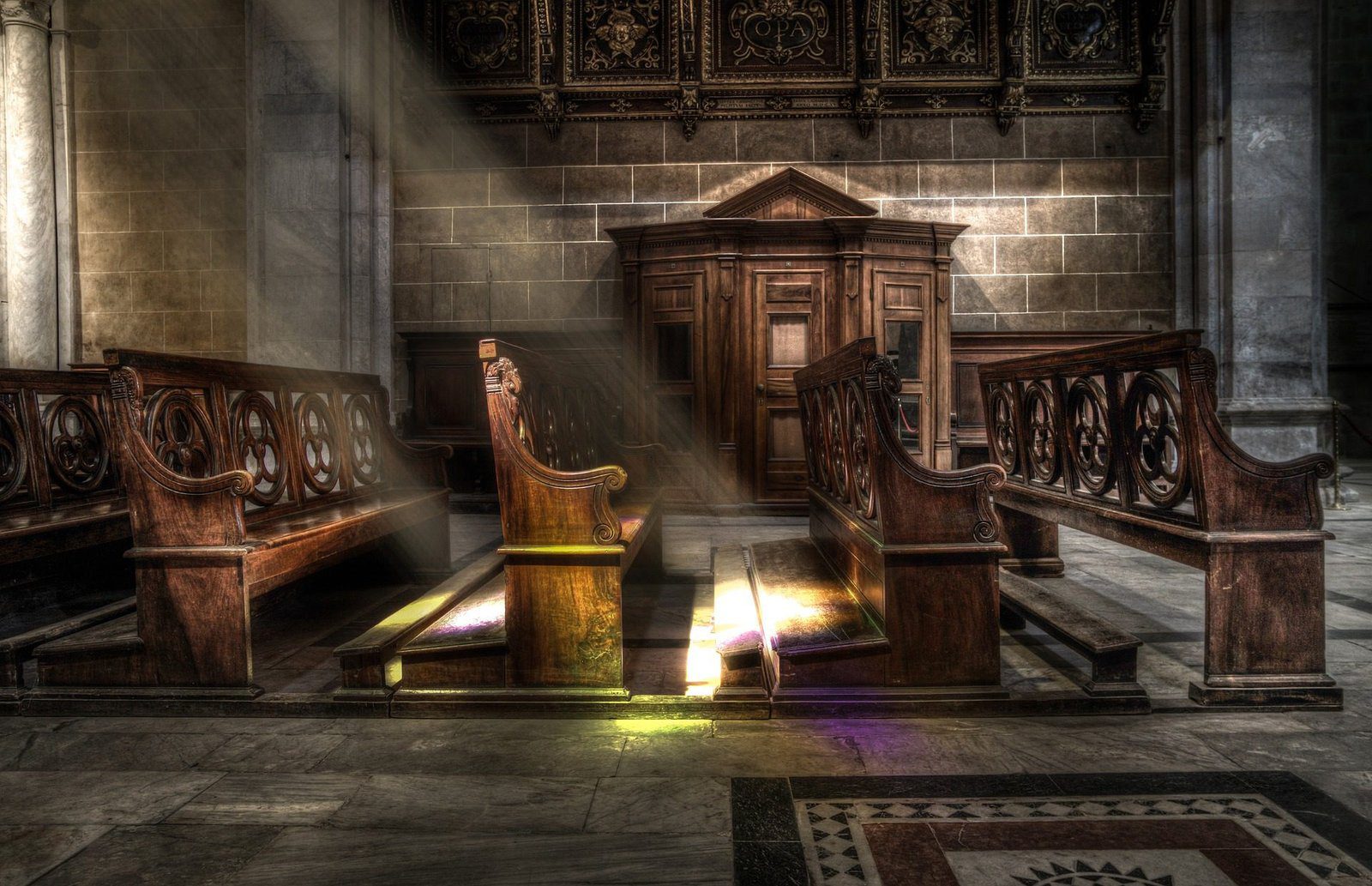Born in 1718 to a devout Puritan family in Haddam, Connecticut, David Brainerd was orphaned at the age of 14. At twenty-one, swept up by the Great Awakening, he had a conversion experience and enrolled at Yale. Though an excellent student, Brainerd was dismissed in 1742 for criticizing one of the tutors, saying he ‘had no more grace than a chair.’ Brainerd apologized for his rash statement but was not reinstated. He ever afterward remained sensitive about criticism and maintaining Christian unity.
Brainerd studied with pastor Jedidiah Mills to prepare for the ministry and was soon licensed to preach. He went to work among the Indians halfway between Stockbridge, Massachusetts and Albany, New York. He diligently learned the Indian language but had little missionary success. So he moved on.
After being ordained by the Presbytery of New York, David began a new work among the Delaware Indians of Pennsylvania. Here too Brainerd saw little success in his ministry. He was often despondent because of his ineffective ministry, loneliness, and repeated illness brought on by tuberculosis.
During 1745-1746, David Brainerd traveled to minister to the Indians near Trenton, New Jersey and was amazed at the immediate response. Brainerd poured out his life in ministry to these Indians, writing that he wanted “to burn out in one continual flame for God.” He helped secure land for the Indians when theirs was threatened and soon constructed a church, school, carpenter’s shop, and infirmary.
By the fall of 1746 Brainerd was increasingly coughing up blood. The famous pastor Jonathan Edwards, brought him to his home in Northampton, Massachusetts.
Jonathan Edward’s daughter Jerusha nursed Brainerd during his last illness, and a deep love developed between them. Edwards once overheard Brainerd tell Jerusha, “If I thought I should not see you, and be happy with you in another world, I could not bear to part with you. But we shall spend a happy eternity together.”
There David Brainerd spent his last months, succumbing to tuberculosis on October 9, 1747.
Jerusha contracted tuberculosis and died a few months after David, at the age of eighteen.
After David Brainerd’s death, Jonathan Edwards edited and published his diary, describing it as an example of a life “most worthy of imitation.” This diary was to influence many missionaries in future generations, including William Carey and Henry Martyn, who went to India and Jim Eliot, the 20th century missionary who gave his life ministering to the Auca Indians.
John Wesley: “Let every preacher read carefully over the ‘Life of Brainerd.’”
Henry Martyn: “perusing the life of David Brainerd, my soul was filled with a holy emulation of that extraordinary man; and after deep consideration and fervent prayer, I was at length fixed in a resolution to imitate his example.”
William Carey regarded Edwards’s Life of Brainerd as a sacred text.
Robert Morrison and Robert McCheyne of Scotland and John Mills of America and Frederick Schwartz of Germany and David Livingston of England and Andrew Murray of South Africa and Jim Elliot of modern America all viewed Brainerd with a kind of awe and drew power from his example.
Gideon Hawley, another missionary protégé of Jonathan Edwards spoke for hundreds when he wrote about his struggles as a missionary in 1753, “I need, greatly need something more than human to support me. I read my Bible and Mr. Brainerd’s Life, the only books I brought with me, and from them have support.”





0 Comments